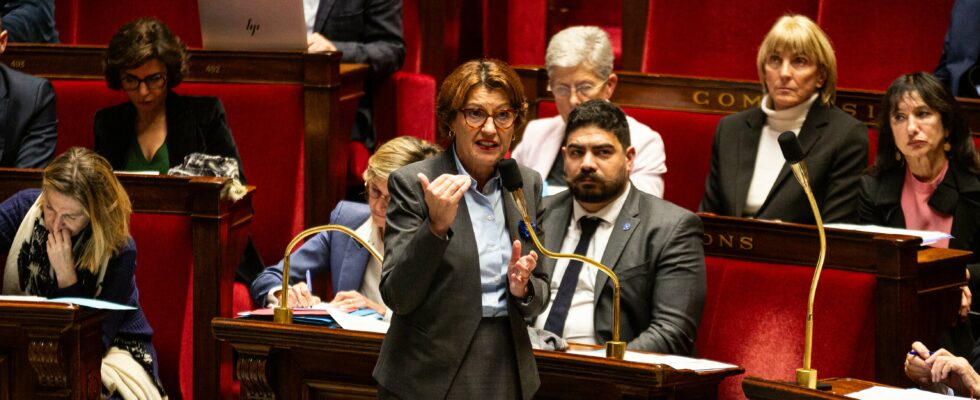It is a vote which comes at a decisive moment in the mobilization against the agreement with Mercosur. As French farmers begin a new day of demonstrations across the country this Tuesday, November 26, the National Assembly will vote this afternoon on this free trade treaty with Latin American countries. A vote which promises to be almost unanimous, as the French political class is united – once is not customary – in its opposition to this agreement pushed by Brussels. However, this vote should be more symbolic than a real turning point. Explanation of the issues of this election.
Why this vote?
It is the government which initiated this vote in the National Assembly. According to article 50-1 of the Constitution, the executive “may, on its own initiative or at the request of a parliamentary group, make, on a specific subject, a declaration which gives rise to debate and may, he decides, to be the subject of a vote without incurring responsibility.
Prime Minister Michel Barnier announced on Tuesday November 19 that he wanted to request a debate and a vote in the National Assembly on this treaty. “I hear the anger, the tensions, the incomprehension of farmers on the draft EU-Mercosur agreement. France is firmly opposed to it,” he declared on his X account. And while the conference of presidents of the Assembly had initially put it on the agenda for December 10, the date was finally brought forward to Tuesday, November 26. The sign of negotiations which are accelerating, and of a desire of the French executive to put forward the firm opposition of Paris on this subject as soon as possible.
What are the positions of the different parties?
In a fractured National Assembly, where the absence of a majority is increasingly felt with each day of debate, few subjects seem to unite all political parties as much as the rejection of the agreement with Mercosur. Whether within left-wing groups, the National Rally, but also the government and deputies of Michel Barnier’s “common base”, all are firmly opposed to this free trade agreement. The Minister responsible for Foreign Trade Sophie Primas also recalled in L’Express that the government considered the agreement “unacceptable” as presented today.
However, nothing seems to indicate that all MPs should vote in full in favor of the government’s statement. Because MPs will not only vote on Mercosur, but also for or against the vision and posture of the executive on this subject. “We will judge as it stands,” socialist deputy Dominique Potier, a firm opponent of this treaty, assured AFP. LFI deputy Arnaud Le Gall, who will defend his group’s position, affirms for his part that only a government position which “ends negotiations” would obtain a favorable vote from rebellious elected officials.
Can this vote change anything?
On paper, not really. Because this vote is consultative, and in no way binding. Under the European treaties, the European Commission is the sole negotiator of trade agreements within the EU. MEPs had already voted for a resolution in June 2023 opposing the agreement with Mercosur by a large majority (281 votes against 58), without this really disrupting the pace of negotiations in Brussels.
The Commission can indeed very well do without the voice of France to have Mercosur approved. In the event that it chooses to split the agreement in two, with the political part on one side and the commercial part on the other (bringing together almost all of the important measures of the treaty), the latter should only be adopted by qualified majority. That is, 15 countries representing at least 65% of the European population, and therefore possibly without the approval of France.
Nevertheless, by seeking to bring together a large transpartisan majority behind it, Michel Barnier’s government is seeking to give itself greater legitimacy to intensify the standoff with the European Union, by weighing in the balance the weight of a rejection almost unanimous from the French national representation.
The absence of clear direction from the French executive after this probable overwhelming vote against the agreement has, however, raised questions even among supporters of the Barnier government. LR MP Julien Dive questioned the Minister of Agriculture Annie Genevard on the consequences of this subject last week in the National Assembly. “Are you ready to respect this vote and engage in a real standoff with the European Commission to defend our food sovereignty?” he then asked during questions to the government. This debate “will be fruitful and believe me that we will be very, very mobilized on this issue”, the minister replied, without giving further details. This promised again this Monday on France Inter that Paris was progressing in the construction of a blocking minority within the EU (at least four countries representing 35% of the European population), without this- This does not seem to be clear for the moment.
